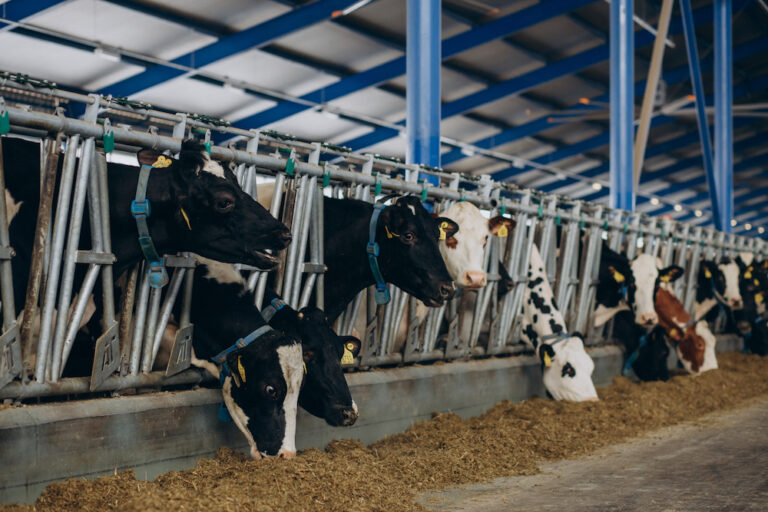The year 2024 has officially been recorded as the hottest year in history, with global temperatures soaring to 1.6°C above preindustrial levels. This surpasses the critical 1.5°C threshold, beyond which climate change accelerates with catastrophic consequences. The effects of rising temperatures are now evident across every continent, intensifying natural disasters and threatening ecosystems.
Despite growing awareness of climate change, one of its largest contributors remains largely ignored—our global food system. Studies show that up to a third of total greenhouse gas emissions are generated by animal agriculture and food production. However, most climate policies fail to prioritise changes in the way we produce and consume food. A newly published study, Solving Climate Change Requires Changing Our Food Systems, in Oxford Open Climate Change argues that without a transformation in food systems, efforts to combat climate change will fall short.
A Shift to Plant-Based Diets is Essential
Dr Feigin, the lead researcher, along with her team of global experts, stresses that reducing our reliance on factory farming and shifting towards predominantly plant-based diets are essential for climate mitigation. Industrialised animal agriculture is not only one of the leading sources of environmental destruction but also an incredibly inefficient method of food production.
The Food and Agriculture Organization (FAO) projects that global meat demand will double by 2050. Meeting this demand would require converting nearly 80% of remaining forests and shrublands into land for livestock farming. This scale of land use change would cause irreversible biodiversity loss, water shortages, and increased carbon emissions, further worsening the climate crisis.
“As the world population continues to grow, food insecurity will escalate if we maintain a food production model reliant on factory farming,” warn the researchers. The study calls for policy changes, including the removal of government subsidies for animal agriculture and the introduction of higher taxation on meat products to reflect their environmental costs.
Health Risks and Emerging Diseases
The benefits of transitioning to plant-based diets extend beyond environmental factors. Consumption of animal products has been linked to numerous chronic illnesses, increasing healthcare burdens worldwide. Moreover, factory farming contributes to the rise of antibiotic-resistant infections, which already claim approximately 700,000 lives annually.
The study also highlights the growing threat of zoonotic diseases. Industrial livestock farming has created an environment where viruses such as avian influenza and H1N1 (swine flu) can spread more rapidly to humans. Without systemic changes, the world remains vulnerable to future pandemics originating from factory farms.
Pet Food’s Role in Sustainability
An often-overlooked aspect of food sustainability is pet food production. Dogs and cats consume approximately 9% of all livestock, significantly contributing to the carbon footprint of animal agriculture. Researchers suggest that shifting to nutritionally sound, plant-based pet diets could free up substantial resources, allowing for better land use and climate-focused solutions.
A Call for Urgent Action
Lead author Dr Feigin emphasises, “The future of humanity and all life on Earth depends on sustainability. Without transforming our food systems, we will not succeed in mitigating climate change.”
Policymakers, businesses, and consumers must act now. A sustainable food system is crucial not only for environmental preservation but also for ensuring long-term food security, public health, and the planet’s future.


